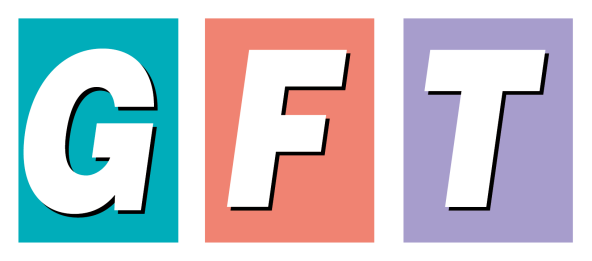The Versatile Role of Textile in Thailand’s Industries
• The increasing growth of textile in other industries has stimulated the export of Thailand’s textile both in the mid- and long-term.
• Thailand’s textile and garment industry has a complete production process from upstream to downstream.
Textile products are fundamental to life because they are used to make clothes to protect the body from the natural elements, as well as to decorate the interiors of houses to make them look beautiful. Besides the obvious usage, textile can also be applied to various other purposes including household items such as blankets, bed sheets, pillowcases, rugs, curtains and chair or sofa covers, as well as different forms of packaging.
A research from Kbank reported that the increasing growth of textile in other industries has stimulated the export of Thailand’s textile both in the mid- and long-term. Consequently, functional textile is an innovation in textile production that has definitely opened a new territory for Thailand’s industry.
The term functional textile refers to textile products with special properties and styles according to their intended use. For example, functional textiles in the automotive industry (Mobiltech) such as airbags, seat belts, seat covers, etc., use innovative specialty fabrics and advanced airbag sensors. In the agricultural industry, textile products include soil covers, soil bags, fertilizer bag, synthetic fabrics, fruit bags, soil cover for moisture retention, and others. When it comes to functional textile for interior decoration or architecture (Hometech), products may include canvas for tensile structures, or fabrics for exhibition. Other hometech products such as curtains, sofas, cushions, aprons and other home decorations have been integral to the growth of Thailand’s textile industry. According to the 2021 economic forecast, the hometech industry grew at 0.15% compared to the previous year (YoY). The total value of exports from January to December 2021 was 205.58 million US dollars. In addition, functional textile is also popular in the packaging industry as they have been used to produce tote bags, souvenirs, tent bags, suit bags, shoe bags, packaging bags, and postal bags among others, with a tendency to increase in demand in the future.
According to the proportion of functional textile produced in the world market, automotive textiles and packaging textiles account for the highest proportion, followed by home textiles, industrial textiles and textiles for construction and pharmaceuticals. Therefore, textile products are very important both as a fundamental prerequisite of life and for commercial purposes in the modern world. Thailand’s textile and garment industry has a complete production process from upstream to downstream, so it is self-sufficient with advantages over competitors with superb product quality that has been well received in various international markets like the USA, Europe and Japan.
If you are looking for more information about the textile or functional textile industry, don’t miss GFT 2023-the 23rd edition of ASEAN's Most Comprehensive Exhibition for Garment and Textile Manufacturing Industry during 21-24 June 2023 from 10.00-18.00 hrs at BITEC, Bangkok. Come explore a variety of textile technologies as well as service providers from China, Hong Kong, Korea and Taiwan (R.O.C). The event will also present a perfect opportunity for those aiming to start their own brands through the wide range of business partners and suppliers to choose from.
Sources
• สินค้าเคหะสิ่งทอ
https://www.ditp.go.th/contents_attach/761319/761319.pdf
• เร่งพัฒนาสิ่งทอเทคนิครองรับตลาดโลก
https://news.ch7.com/detail/515539
• การยกระดับการผลิตเป็นสิ่งทอเทคนิคขึ้นอยู่กับหลายเงื่อนไข
https://thaitextile.org/th/insign/detail.154.1.0.html
• Fabrics in Interiors: Creative Possibilities as Architectural Elements
